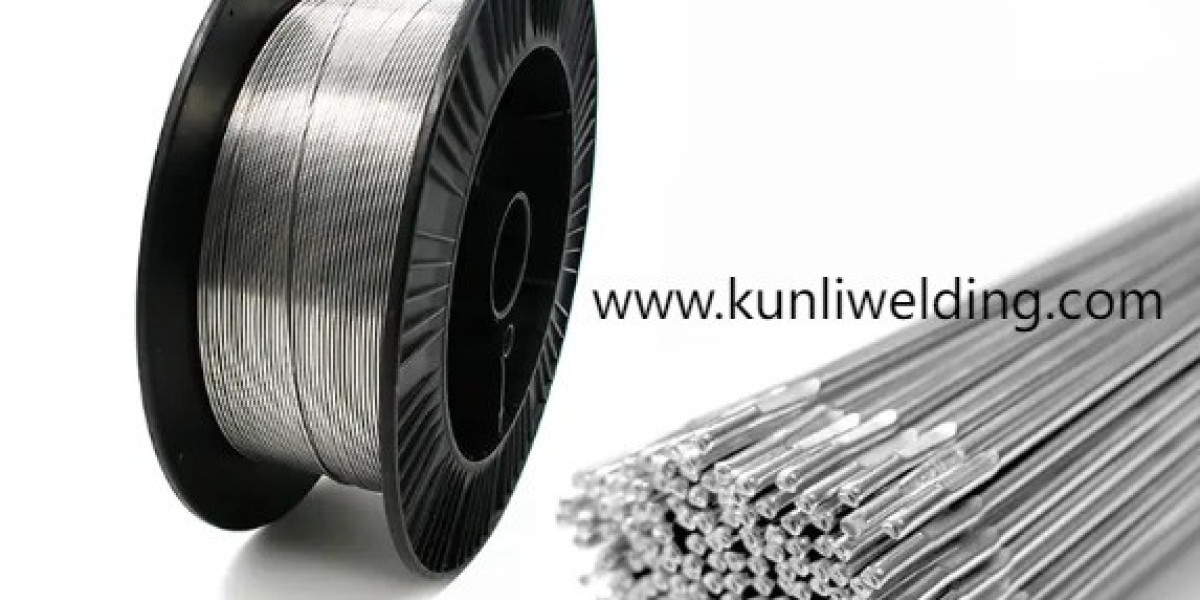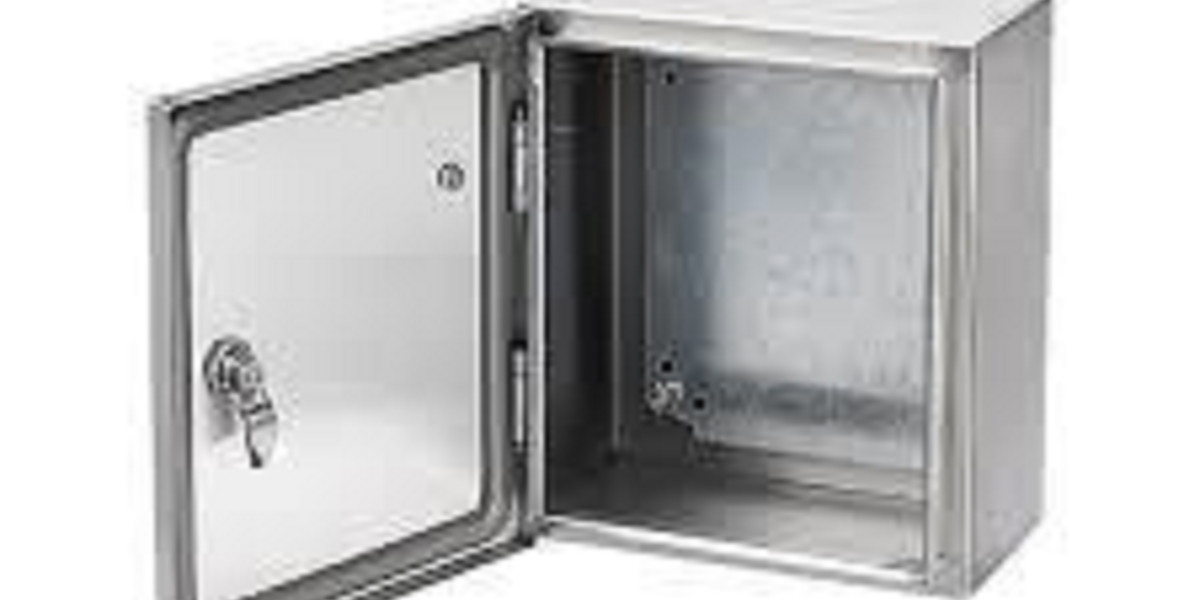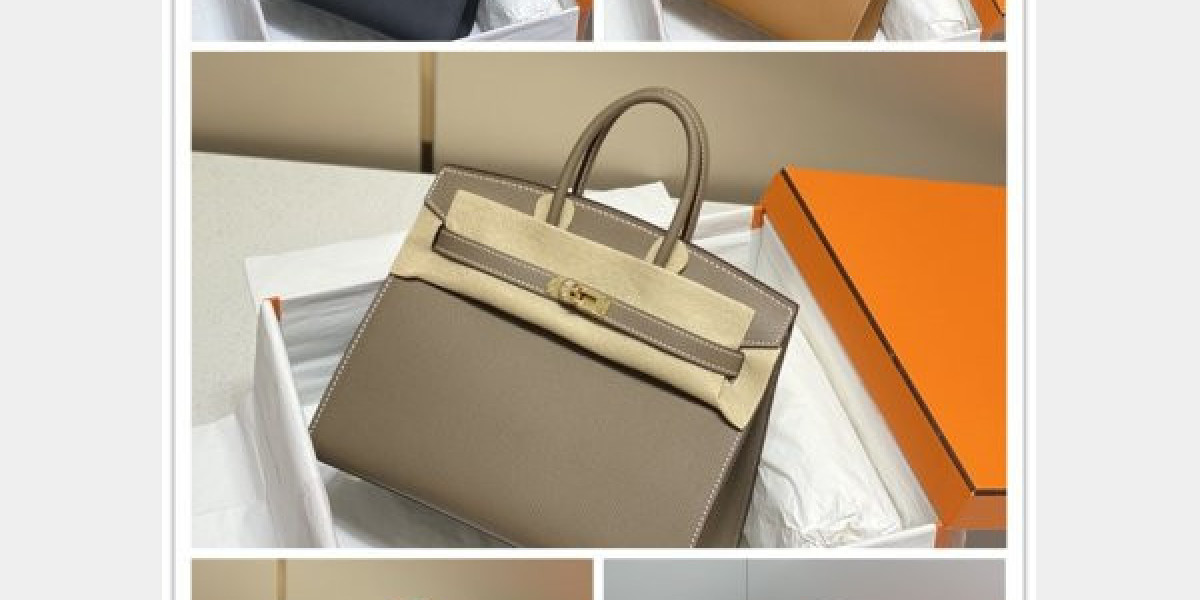When your production goals include consistent feedability, tight finish requirements and steady supply, choosing who makes your filler matters—and Aluminum Mig Wire Manufacturers often come into focus when shops consider whether to work with a specialized partner. Fabricators weigh many factors beyond price: technical support, spool quality, packaging for long transit, and the ability to run useful sample programs that match the shop's real equipment and workflows. Those practical differences determine whether a supplier is a vendor or a partner for reliable welding results.
Know when specialization pays off For one or two occasional repairs, commodity wire from a broad distributor may be fine. But when you run multi shift lines, automated cells or high appearance assemblies, a manufacturer that focuses on aluminum MIG wire brings process knowledge that reduces surprises. Specialized producers invest in consistent drawing, winding and quality control so spools feed predictably and give you a stable arc across batches. That consistency matters most where downtime is costly and finishing labor adds up quickly.
Technical guidance and trial support matter The move from a promising sample to reliable production depends on how well a supplier supports trials. A specialist will provide recommended feed roll profiles, liner and tip guidance, and short validation protocols that match your machines. That reduces the time your quality team needs to approve material and prevents iterative back and forth that delays launch. When procurement and operations are racing against a program timeline, this kind of hands on support shortens the path from trial to full adoption.
Spool quality is a practical supplier difference In automated and robotic cells spool geometry, winding tension and bore finish affect feedability daily. Manufacturers that focus on MIG wire often hold tighter spool tolerances and use protective packaging that preserves wire condition during long shipments. If your feeders are sensitive to eccentricity or if long continuous seams run across shifts, spool consistency buys uptime. On the other hand, simple manual jobs with short runs may not see the same return on premium spool specs.
When alloys and process nuance matter Certain alloys and specialty wire chemistries respond differently to heat input and dilution. If your program uses specific alloy families, or if you require wires that support particular mechanical or corrosion properties, a specialist manufacturer typically offers more alloy variants and can advise on which filler aligns with your mechanical goals. That depth of product range and the ability to match wire to application reduce the need for workaround solutions that add labor and scrap.
Supply chain resilience and packaging choices count Global logistics and weather variability have put packaging and supply reliability back on procurement checklists. Suppliers that ship sealed spools with desiccant and that document storage practice reduce the chance that transit exposure creates feed or porosity problems at first weld. When schedules are tight, working with a manufacturer who can commit to predictable packaging and regional stock cuts buffer risk and saves qualification time. Those operational safeguards are what separate occasional vendors from consistent partners.
Scale, specialization and price tradeoffs Price matters, of course, but it is part of a bigger equation. Specialized manufacturers may not always be cheapest per spool; their value often shows up as fewer unscheduled stops, lower finishing hours, and shortened qualification work when switching lots. Model the total cost that includes finishing labor, rework rates and downtime exposure rather than comparing unit price alone. When you do, the impact of consistent feed and clear technical support becomes visible on the production ledger.
How to decide in your shop Run a short decision protocol before you commit: request sample spools, get the supplier's suggested feeder settings, and run representative seams using your fixturing and finishing routine. Document the settings and measure finishing effort and feed behavior across shifts. Ask the vendor for handling notes and for traceability so you can link any issue back to a lot. If the specialized supplier shortens your approval window and cut surprises in staging or on the line, the partnership likely pays for itself fast.
Red flags and what to ask Look for unclear packaging guidance, lack of feeding recommendations, or refusal to provide sample spools; these are signs that a supplier may increase your qualification burden. Conversely, suppliers that publish application notes, recommend liner types and detail spool geometry signal they understand the real world needs of fabricators. Also ask about local support and response times—fast troubleshooting during first trials reduces risk and helps keep production on schedule.
When specialization is not necessary If your workload is low volume, intermittent repairs, or if you only need general purpose wire for non critical joins, a general supplier may be the simpler route. Specialization becomes compelling when scale, alloy nuance, feed sensitivity and finish standards push the hidden costs of downtime and rework higher than the price delta between suppliers.
Choosing a partner is a systems decision Consider welding as a system that includes filler chemistry, spool quality, handling, tooling and supplier responsiveness. When those elements are aligned, production runs predictably and finishing teams face fewer surprises. If you are preparing to scale an assembly program, automate long runs, or adopt alloys that require careful handling, engaging a specialized Aluminum Mig Wire Manufacturers partner not only reduces risk but can speed time to steady production. If you want to compare product guidance and packaging options from a manufacturer that publishes technical notes and supports sample trials visit the product page at https://www.kunliwelding.com/product/aluminum-alloy-wire/aluminum-alloy-welding-wire.html .








